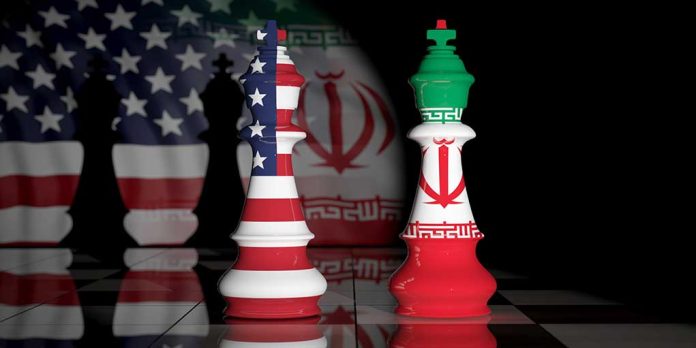
Iran’s Foreign Ministry suggests Donald Trump’s 2024 electoral victory links to rising dissatisfaction with President Joe Biden’s staunch pro-Israel policies, amid a backdrop of American protests.
At a Glance
- The U.S. desires reduced Middle East involvement but faces pressure to engage.
- Trump’s foreign policy preferences could realign Middle East power dynamics.
- Iran claims U.S. discontent with Biden’s Israel support influenced the election.
- Trump’s win is linked to unrest and anti-Israel sentiments on U.S. campuses.
Iran’s Perspective on the 2024 U.S. Election
Iran’s Foreign Ministry attributed Trump’s victory to American disapproval of President Biden’s support for Israel, particularly regarding military operations against Iran-backed groups like Hamas. Esmaeil Baghaei highlighted that significant segments of the U.S. population consider these policies too aggressive, particularly the younger demographics and university students. Protests against perceived injustices in Gaza have resonated heavily, purportedly swaying public opinion against Biden and favoring Trump’s election bid.
The Foreign Ministry’s narrative aligns with Ayatollah Ali Khamenei’s commendation of American youth protests, viewed as part of the broader “Resistance Front.” This illustrates the complex interplay between U.S. domestic opinions and international political maneuvers, highlighting how internal pressures can influence foreign policy directions.
I agree with you on one point: we do need bipartisan support for Israel. Right now, it is not coming from Biden/Harris. All your other arguments fail as partisan excuses for failed policy:
1) Iran is rich because Biden/Harris refuses to enforce sanctions and otherwise appeases… https://t.co/L2nVgXR4im
— David M Friedman (@DavidM_Friedman) August 24, 2024
Trump Amidst Middle East Turbulence
Trump’s return to the presidency is marked by ongoing Middle Eastern turmoil. His previous term suggested a shift back towards a more activist foreign policy stance, albeit with isolationist undertones. His stance could further alter regional power structures, potentially benefiting Israel and Gulf countries while disadvantaging Iran. This dynamic underscores the importance of active engagement amidst evolving geopolitical landscapes.
Increased focus on Saudi-Israeli normalization and stringent sanctions on Iran will likely underscore Trump’s foreign policy approach. This approach, although personalized and transactional, may enhance regional cooperation among Middle Eastern allies while complicating relations with Iran.
International Responses and Implications
The Iranian Foreign Ministry argues that Biden’s policies excessively favored Israel, leading to perceived injustices among U.S. voters. Iranian-backed narratives criticize the U.S. administration’s support for what is termed “genocidal” actions in Gaza, contributing to anti-Israel sentiments during elections. Such perspectives suggest potential shifts in U.S. foreign policy towards the Middle East, influenced by internal political dynamics and public sentiment.
As demonstrated by the protests linked to the “Resistance Front,” domestic opposition in the United States against foreign policies could accelerate shifts in U.S.-Israel relations. This scenario presents a complex challenge for the Trump administration, balancing international commitments with domestic pressures, particularly amidst the backdrop of heightened conflict in the Middle East.





